Right is the royal ruler alone; and he who rules with least restraint comes nearest to empire
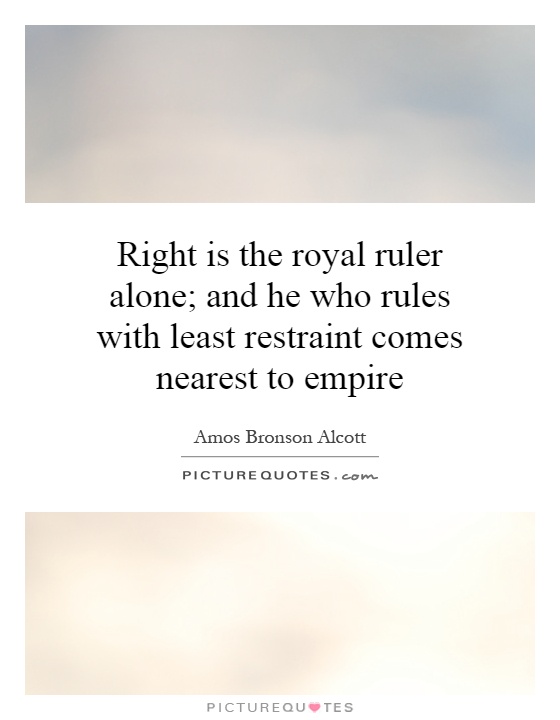
Right is the royal ruler alone; and he who rules with least restraint comes nearest to empire
Amos Bronson Alcott was a prominent American educator, writer, and philosopher who believed in the power of individual conscience and the importance of living a life guided by moral principles. His quote, "Right is the royal ruler alone; and he who rules with least restraint comes nearest to empire," reflects his belief in the supremacy of moral authority and the idea that true leadership is rooted in doing what is right, rather than simply exerting power over others.Alcott's philosophy was deeply influenced by transcendentalism, a philosophical movement that emphasized the importance of intuition, individualism, and the inherent goodness of humanity. He believed that each person possessed an inner moral compass that could guide them towards making ethical decisions and living a virtuous life. In his view, true leadership was not about dominating others or imposing one's will upon them, but rather about setting an example of righteousness and inspiring others to follow suit.
According to Alcott, the most effective rulers were those who governed with the least amount of restraint, allowing individuals the freedom to act according to their own conscience and moral values. He believed that true empire was not built on fear or coercion, but on the voluntary adherence to principles of justice, compassion, and integrity. By ruling with a light touch and respecting the autonomy of others, a leader could earn the loyalty and respect of their subjects, creating a harmonious and prosperous society.
Alcott's emphasis on the importance of doing what is right aligns with his belief in the inherent goodness of humanity and the potential for individuals to make positive contributions to the world. He believed that by following the dictates of one's conscience and acting in accordance with moral principles, individuals could create a more just and equitable society. In this way, Alcott's quote serves as a reminder of the power of moral authority and the importance of leading by example in order to inspire others to do the same.
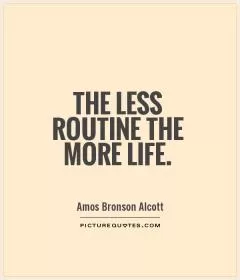
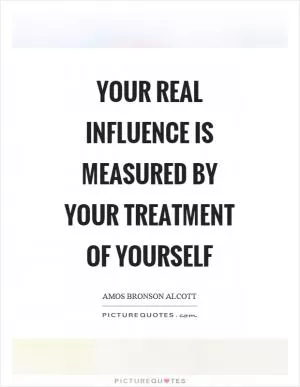
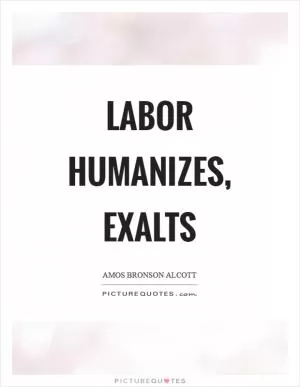
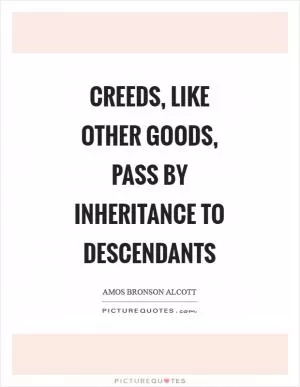
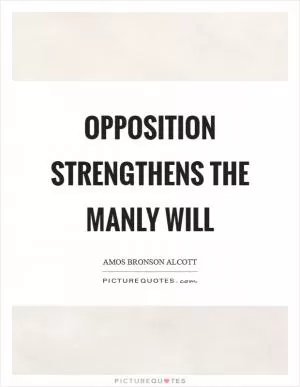
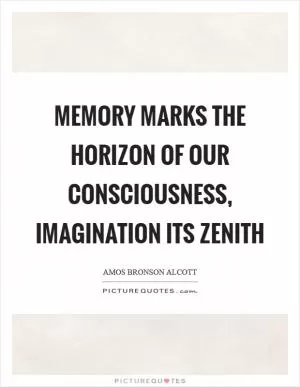
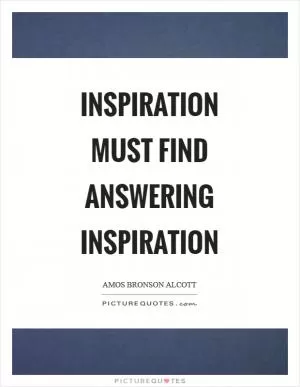
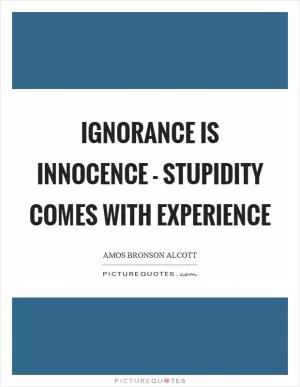




 Friendship Quotes
Friendship Quotes Love Quotes
Love Quotes Life Quotes
Life Quotes Funny Quotes
Funny Quotes Motivational Quotes
Motivational Quotes Inspirational Quotes
Inspirational Quotes